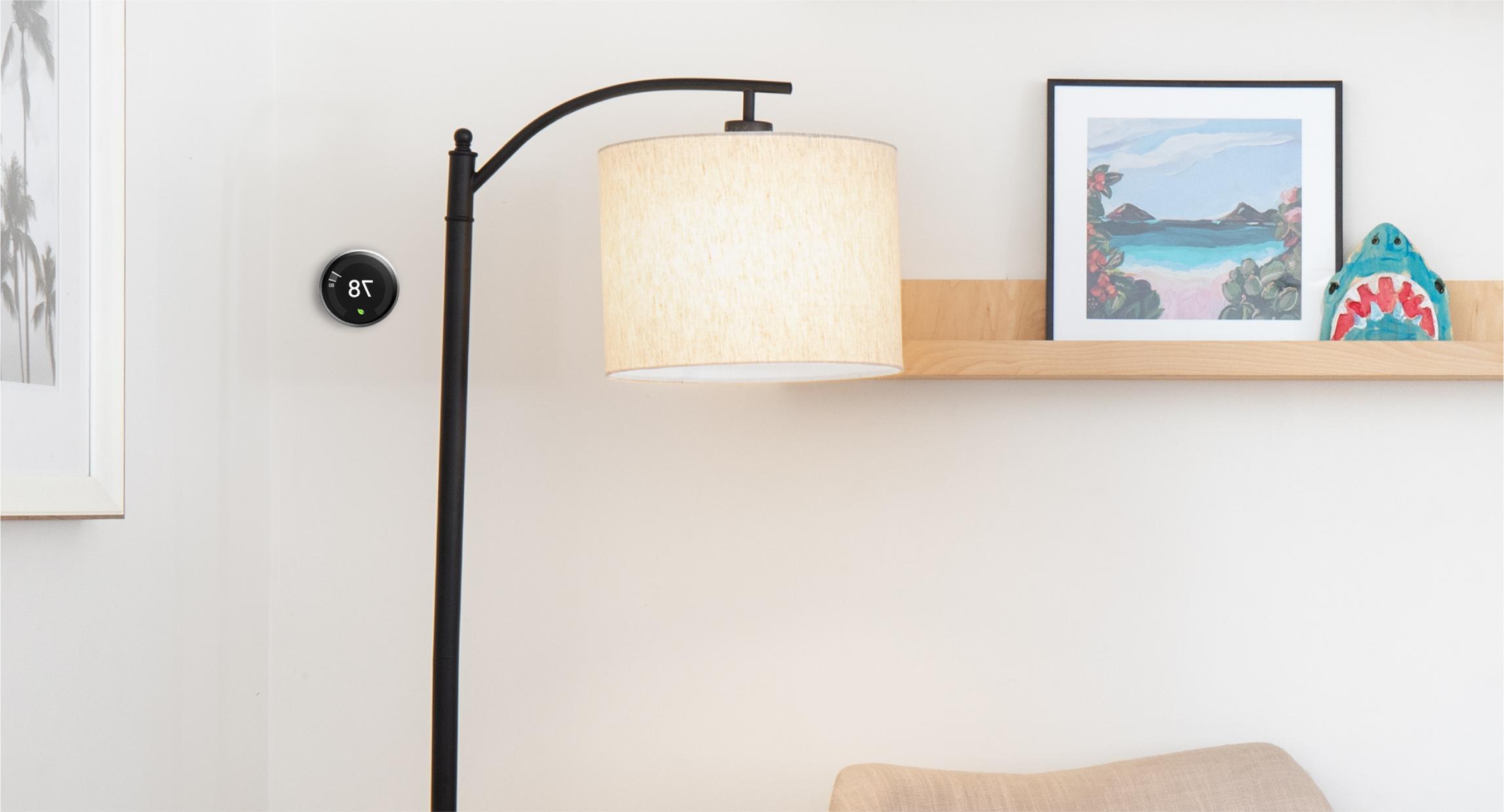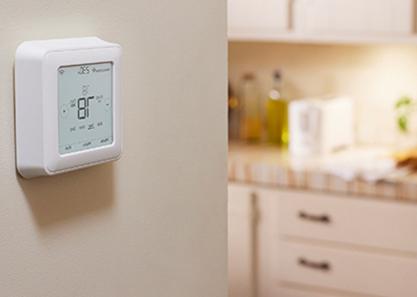Demand Response for Your Home
Demand Response programs provide financial incentives to residential customers who can shift or conserve energy use during times of high demand.

Demand Response Programs
High summer temperatures can increase the overall demand for energy. Demand Response programs were designed as a way for residential customers to help manage electric demand or the amount of electricity that is needed in their communities.
When you participate in a Demand Response program and reduce your energy use, you’re helping to reduce stress on the energy grid — which can avoid power outages and maintain a reliable grid. You also benefit the environment by helping to defer or reduce the need to construct new power plants and transmission infrastructure. And best of all, you can earn financial rewards.
Find a program that fits your needs and sign up for a Demand Response program today.
Demand Response Programs from SDG&E

Power Saver Rewards
Program (PSR)
Earn a bill credit if your home can reduce energy use during a statewide grid emergency.
Sign up for a Demand Response program with SDG&E, or choose to participate with a third-party provider.
Demand Response Programs from Third-Party Providers
Under Electric Rule 32, you have the option to participate in Demand Response programs offered by third-party Demand Response Providers.
OhmConnect DBA Renew Home
Save energy. Get paid. Join Renew Home's free service to earn weekly payments for saving energy. Receive text or email notifications when it’s time to save, and connect smart devices to fully automate your Renew Home experience.
Provider Type: Commercial/Residential

Leap
Leap offers partners with flexible load or batteries to provide their customers with incentives to automatically participate in events during the year.
Provider Type: Commercial/Residential
The above links are for websites or electronic services sponsored by third parties, not SDG&E. SDG&E displays links to websites or electronic services sponsored by third parties. SDG&E is not responsible for the content or operation of third-party websites or electronic services reached by virtue of such links or content, and the presence of such links or content does not imply SDG&E endorses or is affiliated with such third-party websites, services or third parties, or any services or products they offer. The third parties, and not SDG&E, are solely responsible for any advertisements, opinions, advice, statements, services, offers, data, information, content, or other materials that such third parties express or make available, including the description of third-party services on this page.
Looking for More Ways to Save?
Check out our energy-saving tips.
Know the Details of Your Pricing Plan
As summer temperatures rise, review your pricing plan to learn when to conserve or shift energy use. If your pricing plan includes Reduce Your Use event days, prepare for on-peak and event-day hours (4-9 p.m.) to reduce your energy use when an activation is called.
Reduce Your Use (RYU) or Critical Peak Pricing (CPP) Event Days may be called when there is a need for customers to reduce their energy use to help ease strain on the grid.
When an RYU or CPP event day is called, customers enrolled in one of these plans will be asked to conserve energy between 4 p.m. to 9 p.m. Customers who can meet “program-specific” criteria can receive financial incentives; however, if the criteria are not met, customers will be subject to significantly higher rates on these days.
Reduce Your Use Event Days affect business and residential customers enrolled in a Time-of-Use pricing plan with Reduce Your Use Event Days.
Critical Peak Pricing Event Days affect business customers enrolled in a Critical Peak pricing plan with Critical Peak Pricing Event Days.
Review your contact information each season to confirm that the correct person in your home is signed up to receive notifications and alerts from SDG&E when event days occur. First sign into shushijia.net/myaccount. Click on your profile name at the top right-hand corner, and then select “Notification Settings.” Under “Billing and Accounts” updates, select your communications preferences and which notifications that you would like to receive. SDG&E’s home page also contains notifications indicating which program's event days have been activated.
Auto Demand Response uses technology-enabled equipment and controls that help streamline energy management and allow businesses to automatically participate in a Demand Response program.
Demand Response is a call for conservation, issued by SDG&E, that can provide financial incentives to customers who volunteer to reduce or shift energy use during high-demand periods in response to time-based rates.
Flex Alerts are statewide calls to all customers by the California Independent System Operator (CAISO) for voluntary energy conservation. Flex Alerts can be triggered during heat waves, when more energy is used to stay cool. Sign up to receive Flex Alert Notifications.
A Reduce Your Use Event Day is called when there is a local need for energy conservation. Customers who are enrolled in a Time-of-Use Plus pricing plan can volunteer to reduce or shift electricity use on certain days and receive financial incentives for meeting "program-specific" Reduce Your Use criteria. If the criteria is not met, there may be penalties.
A Public Safety Power Shut Off (PSPS) is called by SDG&E during extreme weather or wildfire conditions. There may be a need to turn off power in order to keep communities safe.


